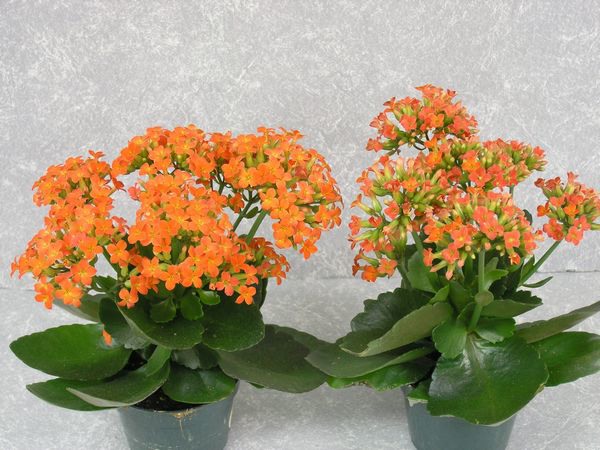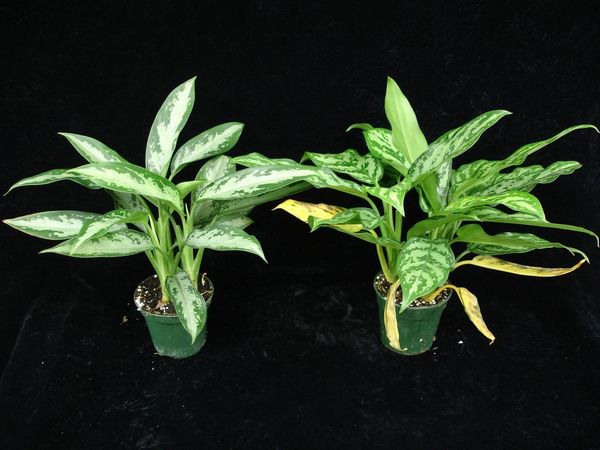Ethylene damages and kills plants and flowers. Ethylene is a naturally occurring wound hormone that causes leaf yellowing, leaf drop, bud drop, and reduced flower life. Ethylene gas is given off by dying, decaying, and dead fruits and vegetables. Also, plants and flowers produce ethylene internally as they age and when plants have undergone mechanical damage, such as vibration during shipping, drought, and heat stress. Damage to plants and flowers may be caused by ethylene in the atmosphere and from ethylene produced within the plant. In severe situations, plants may not be marketable unless plants are treated with anti-ethylene products.

You can protect your plants and flowers from ethylene.
Today, several products are available from Floralife and Chrysal to prevent ethylene damage if plants are treated prior to storage, shipping, and commercial display. These products will protect plants from atmospheric ethylene and ethylene produced within the plant. AFE has funded many studies on damage from ethylene and treatments to prevent damage. You can read more on Cost-Effective Solutions for Ethylene Problems here and take a look at AFE’s other final research reports here. Growers are encouraged to treat plants and flowers to protect the plants and flowers from ethylene.

The following tables show some of the primary flowering potted, bedding plants, and potted foliage plants that are sensitive to ethylene and the symptoms associated with ethylene damage. However, other plants and flowers are sensitive to ethylene, and AFE can provide additional information.
For more information
American Floral Endowment
Tel.: +1 (703) 838-5211
www.endowment.org
